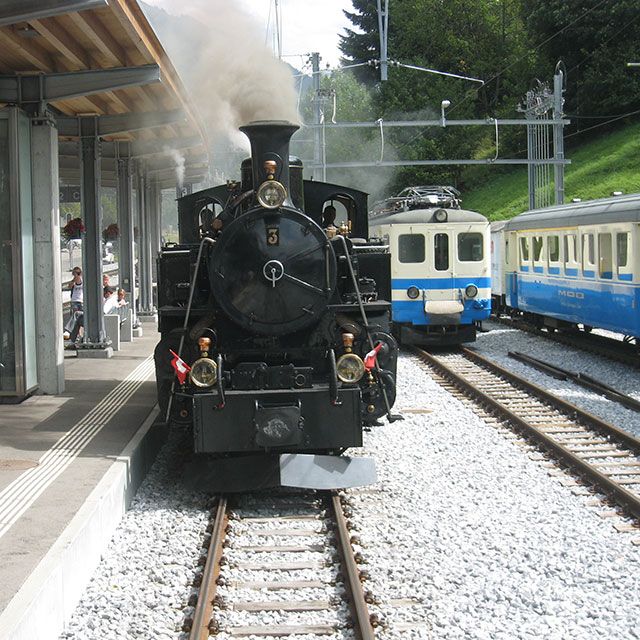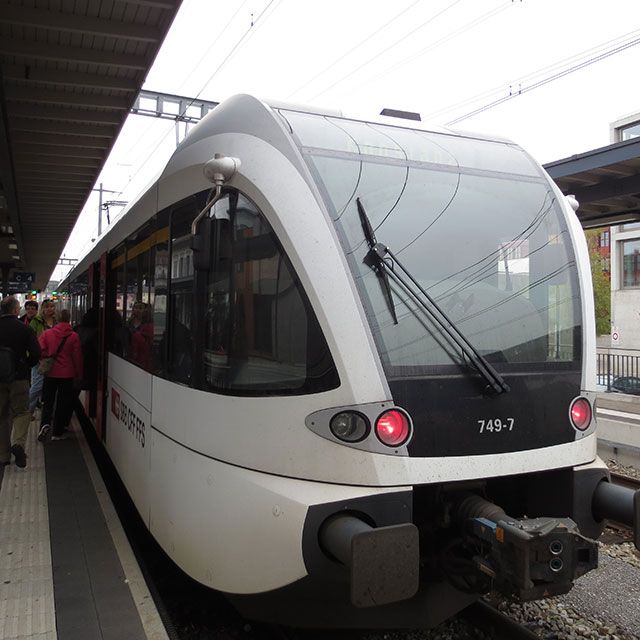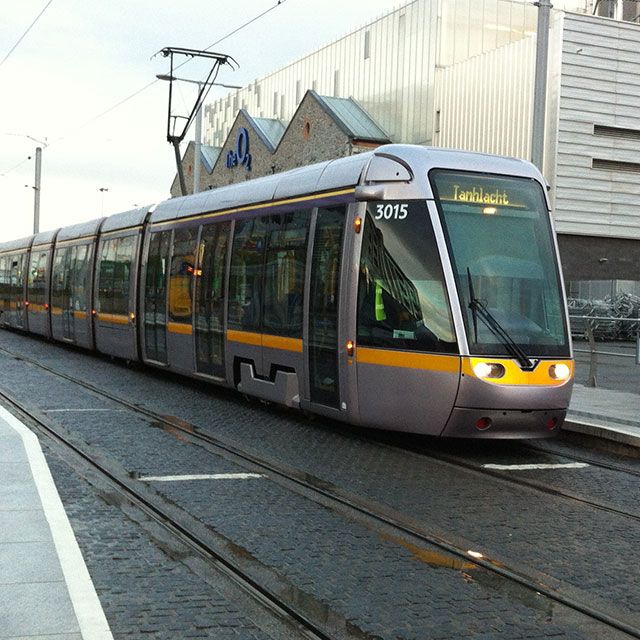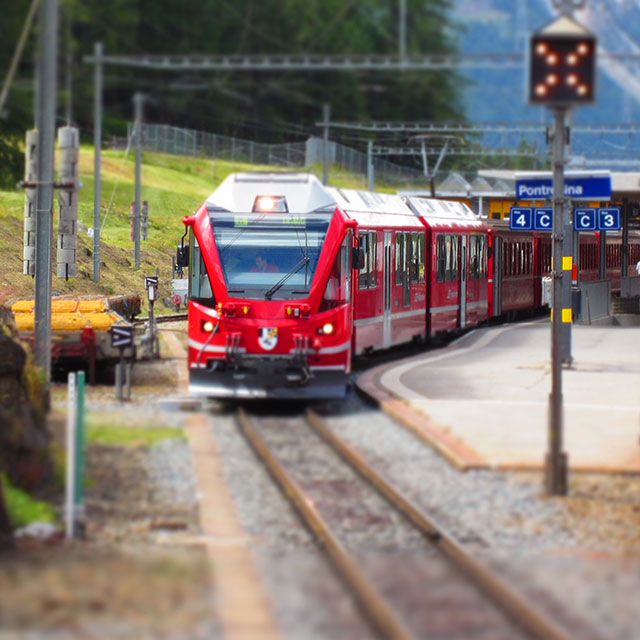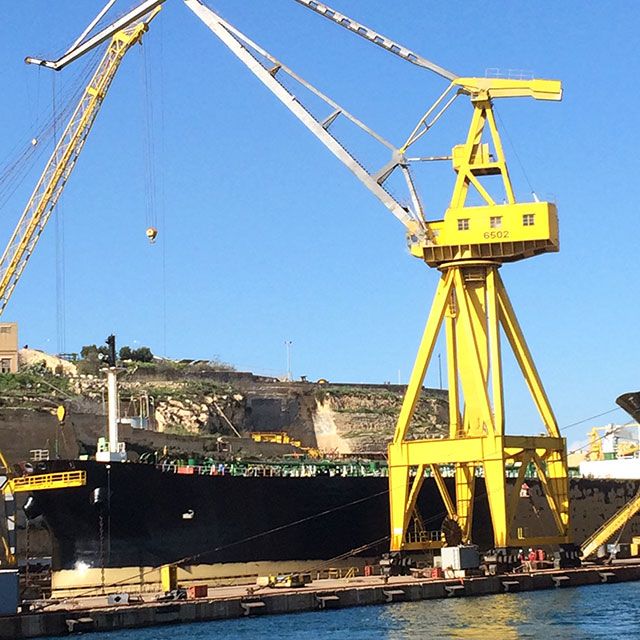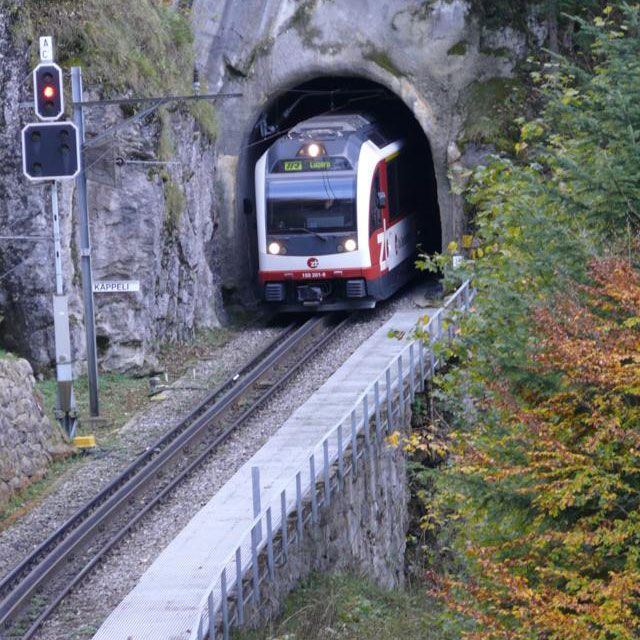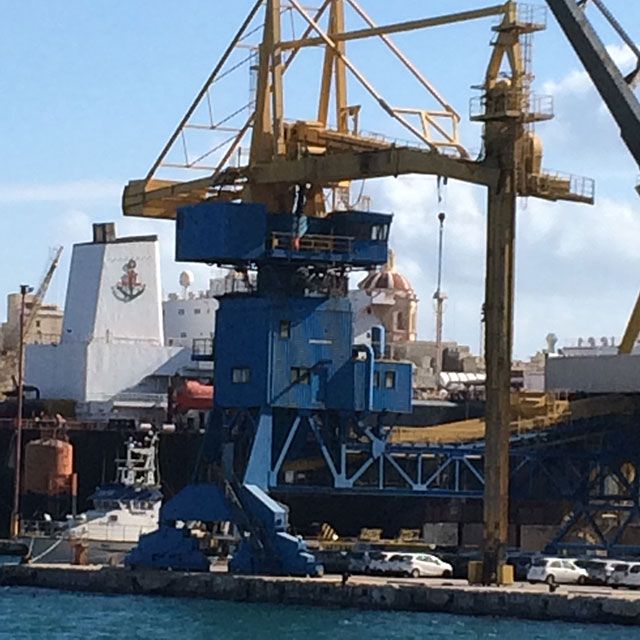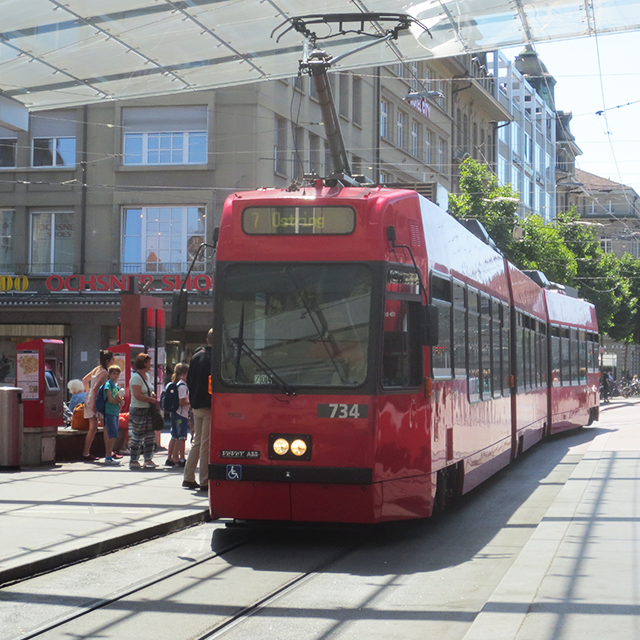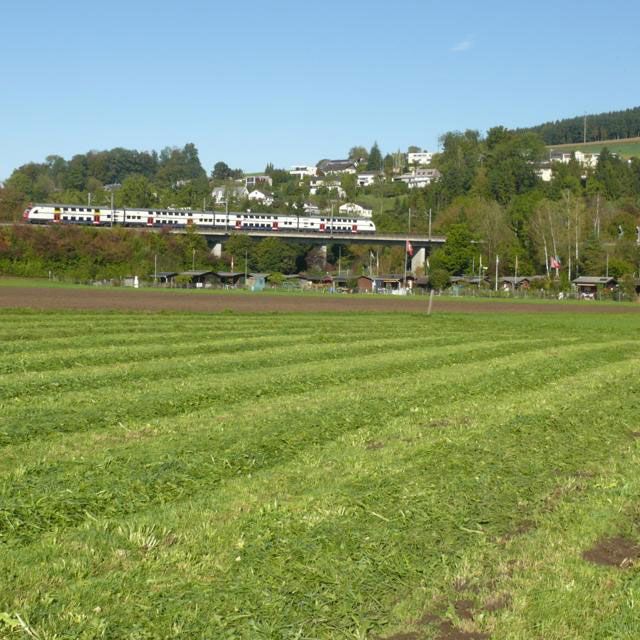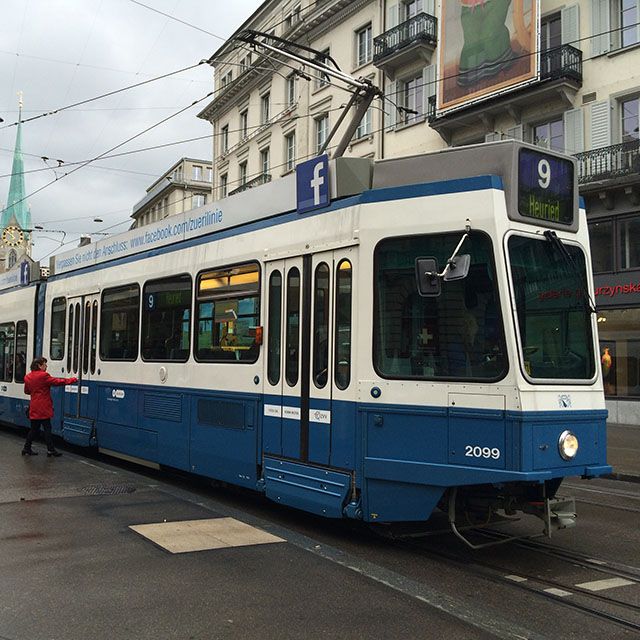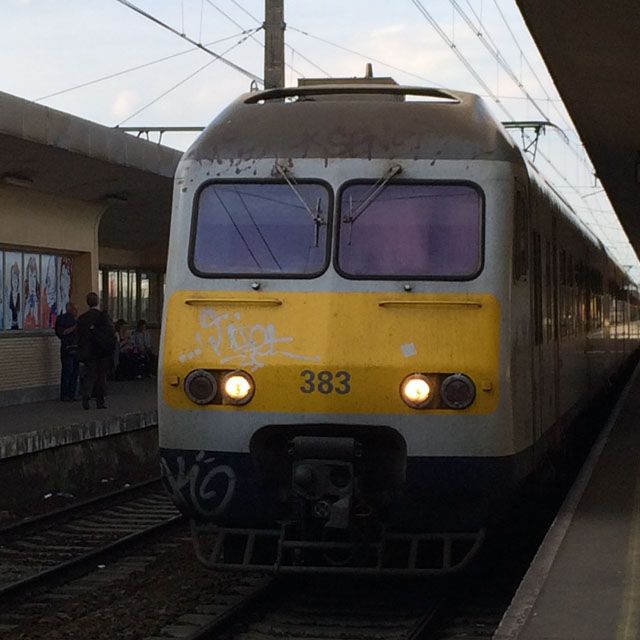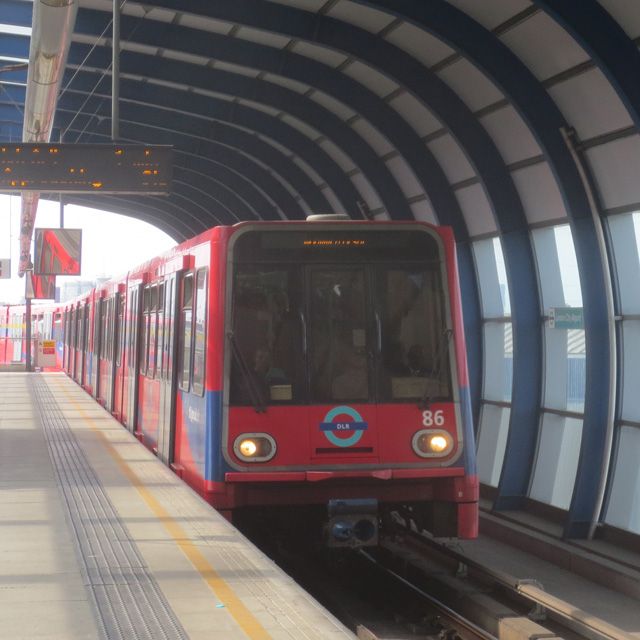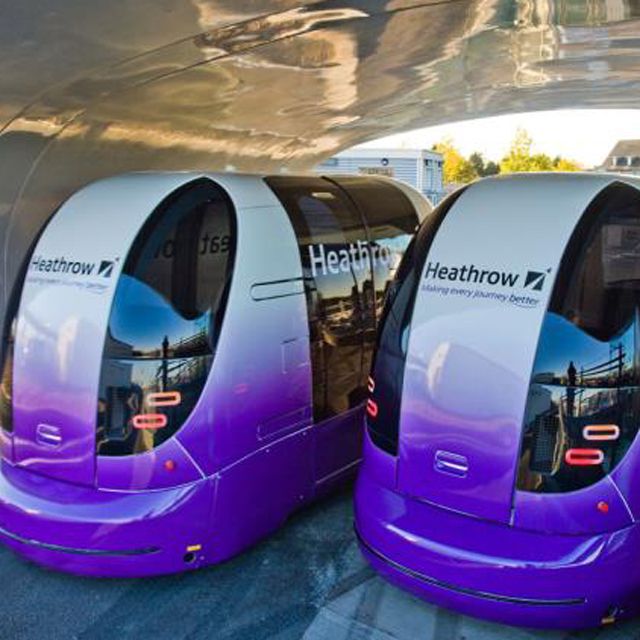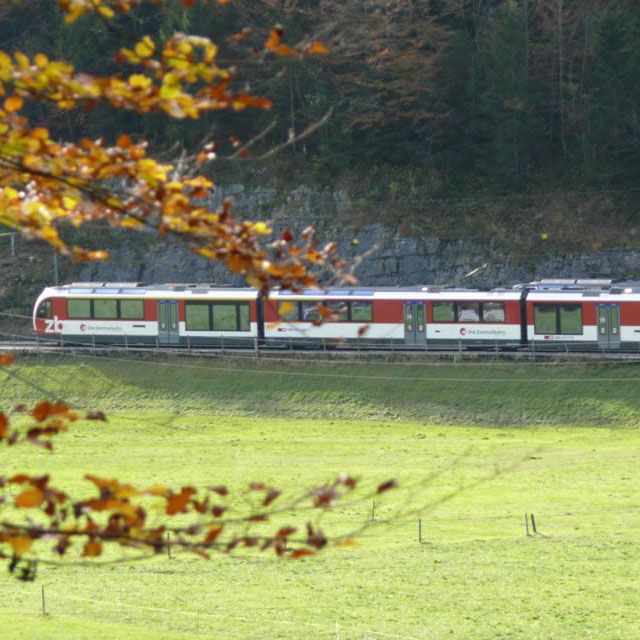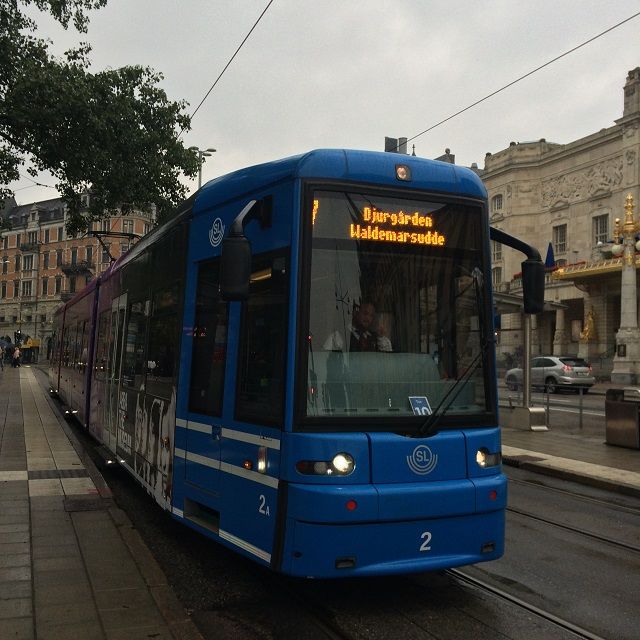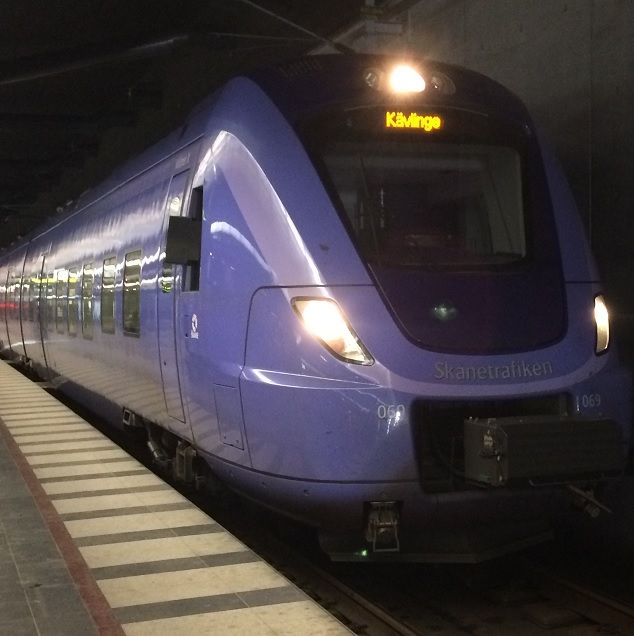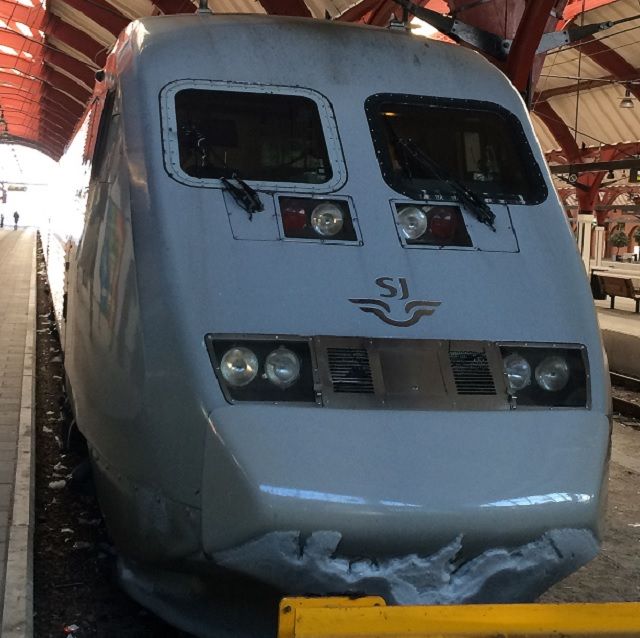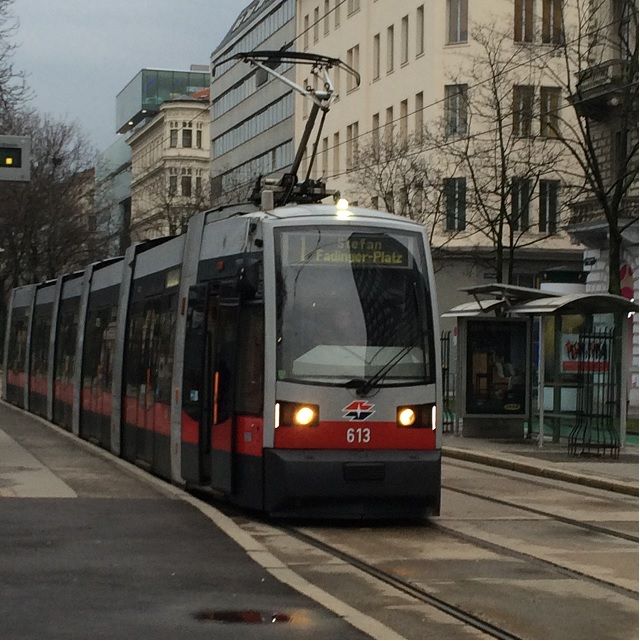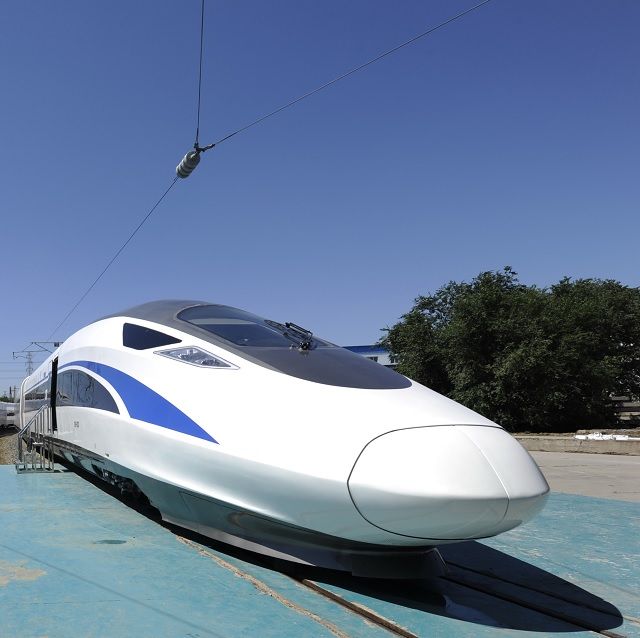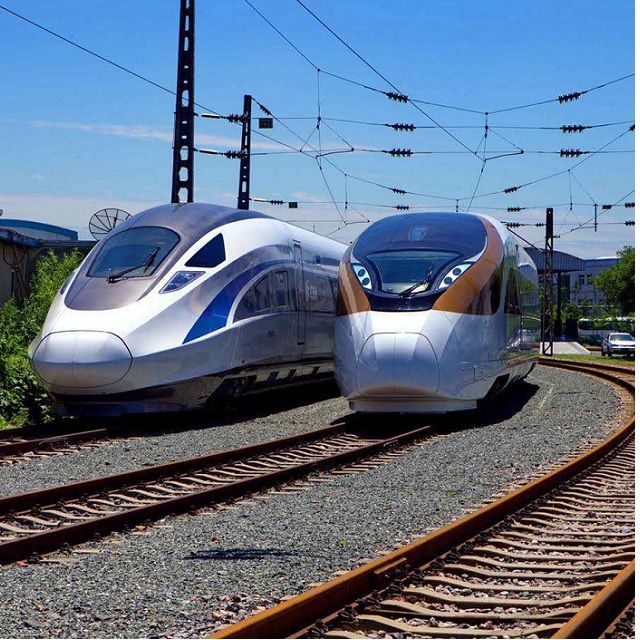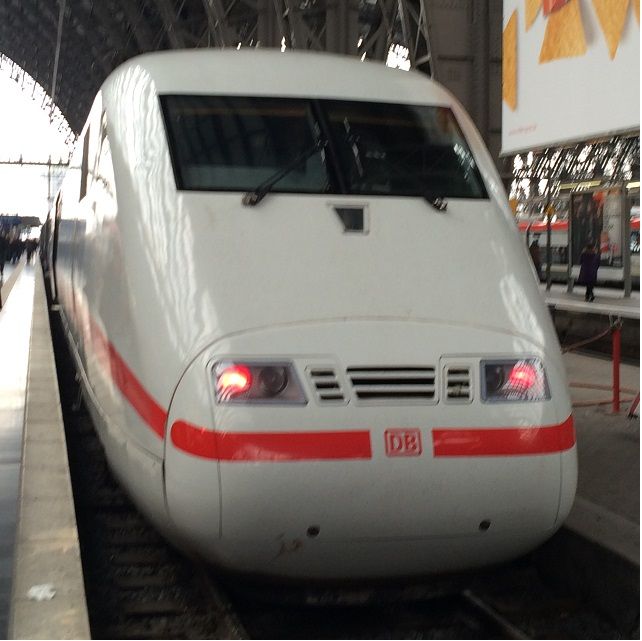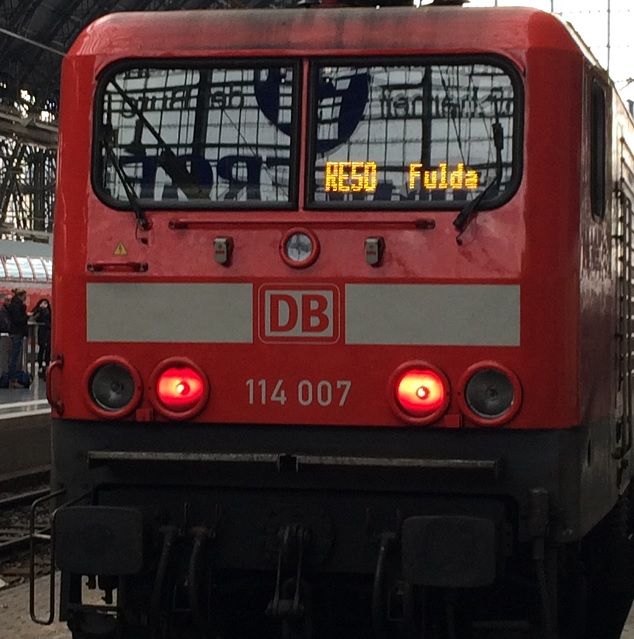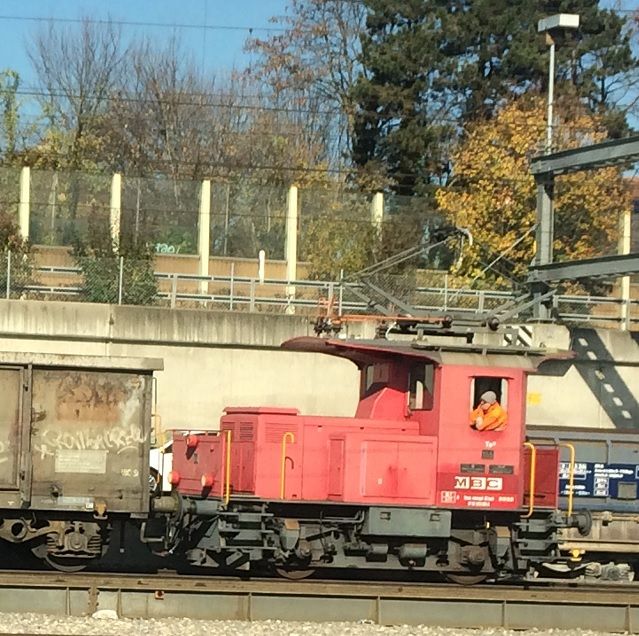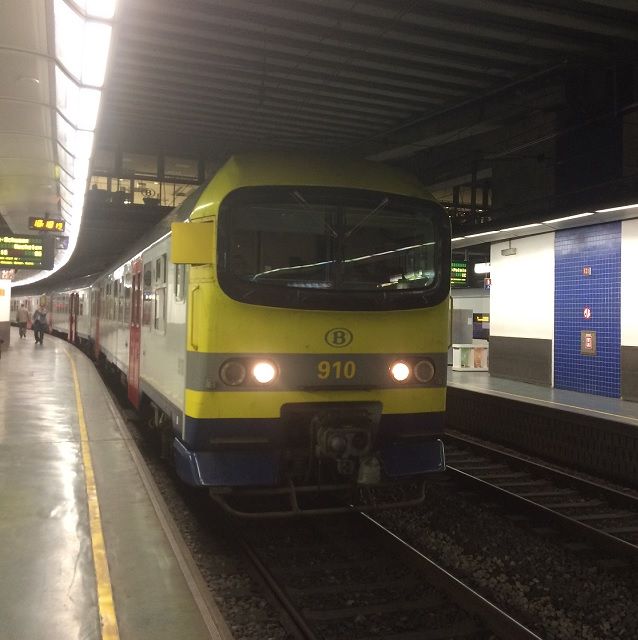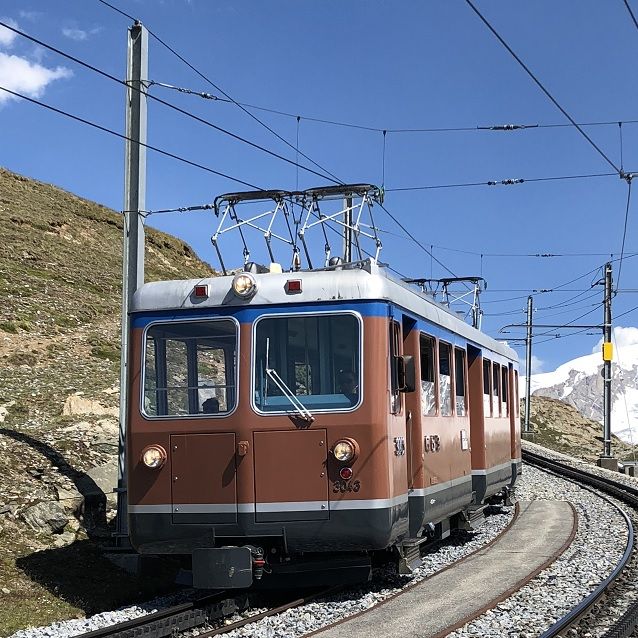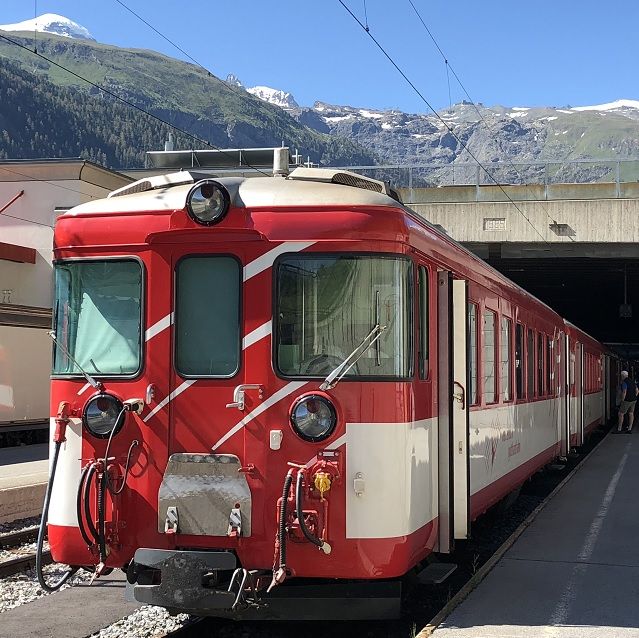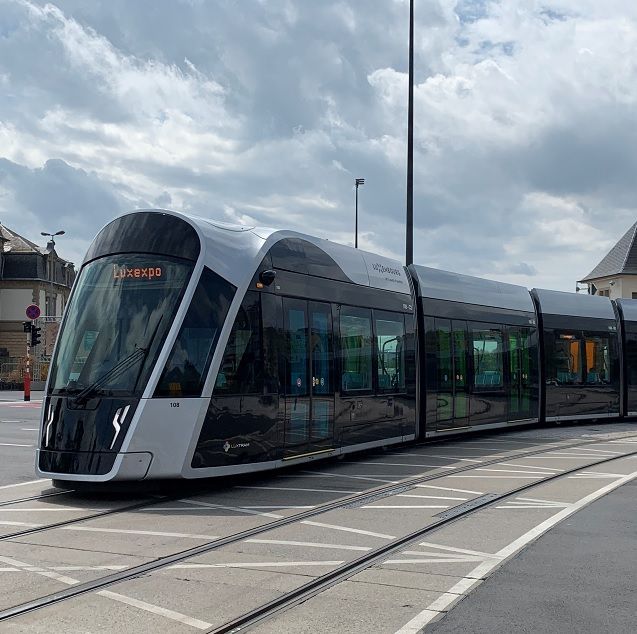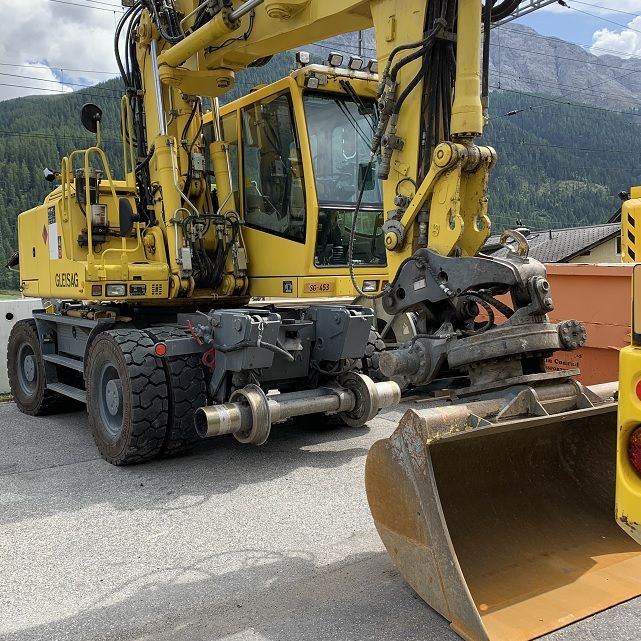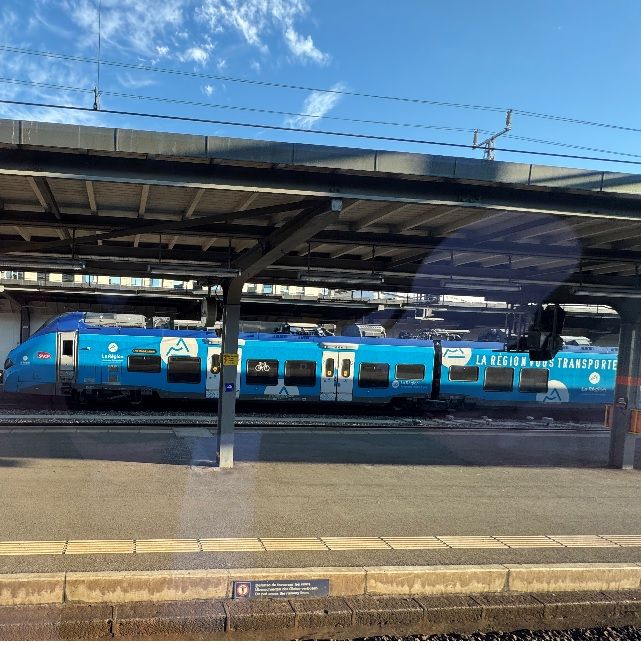News
PRESS RELEASE
Zug, Switzerland, 22nd September 2020
Private finance is essential support for green railway investment
Following the virtual EU transport ministerial conference yesterday focusing on innovative and climate-friendly rail transportation the Rail Working Group (RWG) published today a new “Green Paper” entitled “Combating global climate change: How the Luxembourg Rail Protocol to the Cape Town Convention will help to battle global climate change”.
In this report, the RWG demonstrates how the Luxembourg Rail Protocol, by making it easier and cheaper for the private sector to finance railway rolling stock, will boost the rail sector, contribute to the fight against global warming and in particular will provide the resources for investment in new rail technology.
The Green Paper shows that private investment in the railways is being held back by the lack of security to creditors financing rolling stock. The paper states that “because it removes the major hurdles to private sector investment in a key part of the rail industry, when adopted, the Luxembourg Rail Protocol will attract more private investors (such as banks, pension funds, insurance companies, and private equity funds) to the rail transportation sector.”
“We welcome the ministerial recognition that as the world emerges from the COVID-19 crisis, this is the time to create a more environmentally friendly transportation network with a greater emphasis on the railways. However, the inevitable consequence of the crisis will be that governments will be critically short of resources and private investors have an essential role to play” said RWG Chairman Howard Rosen. “What this Green Paper shows is that the Luxembourg Rail Protocol will enable governments to launch a green transportation strategy with the private sector carrying an important part of the financial burden. Member States should therefore ratify the Protocol as soon as possible” he added.
NOTES FOR EDITORS
The Luxembourg Rail Protocol to the Cape Town Convention on International Interests in Mobile Equipment is a new global treaty under the auspices of UNIDROIT, the International Institute for the Unification of Private Law. The Protocol will make it much easier and cheaper for the private sector to finance railway rolling stock. It sets up a new system for recognition, priorities and enforcement of creditor and lessor rights, which will be registered in an international registry based in Luxembourg, accessible to everyone over the internet 24/7. The Protocol is expected to enter into force in contracting states in 2021. The European Union (in respect of its competences). Luxembourg, Sweden and Gabon have ratified the Protocol. France, Germany, Switzerland, Mozambique, Italy and UK have already signed the Protocol and are proceeding to ratification. Kenya, Malta, Spain, Finland, Ukraine, Mauritius and South Africa are working actively on adoption of the Protocol and other states such as China and Hungary have launched studies into its adoption.
The Rail Working Group www.railworkinggroup.org is a Swiss-based not-for-profit association focused on the adoption and implementation of the Luxembourg Rail Protocol. It has over 90 members worldwide comprising manufacturers, operators, financiers and advisers in the rail sector.
For more on the Luxembourg Rail Protocol and the Rail Working Group see www.railworkinggroup.org. For more on UNDROIT see www.unidroit.org.





